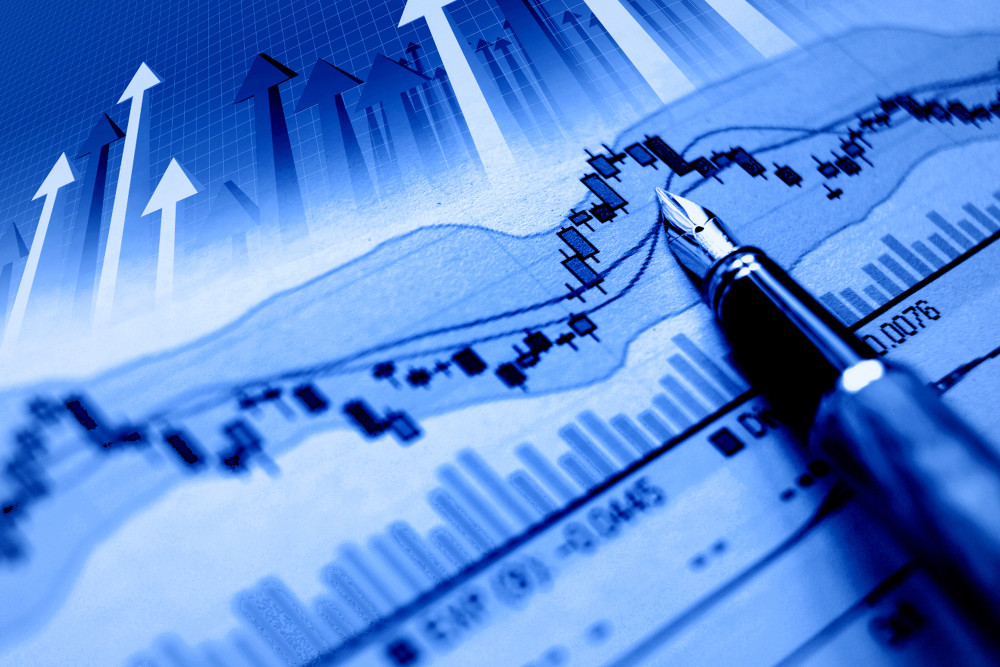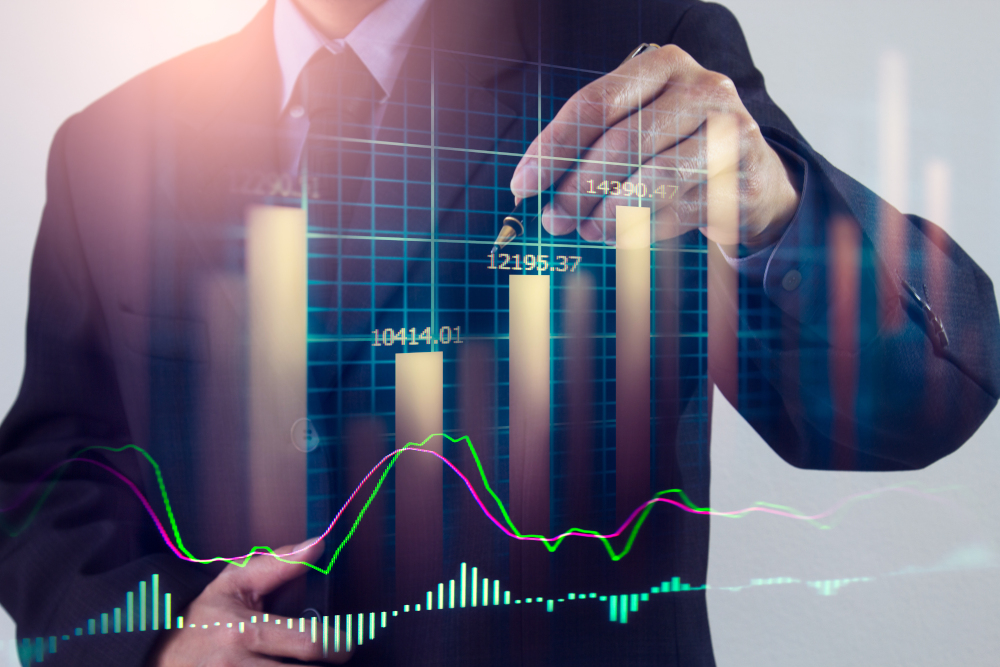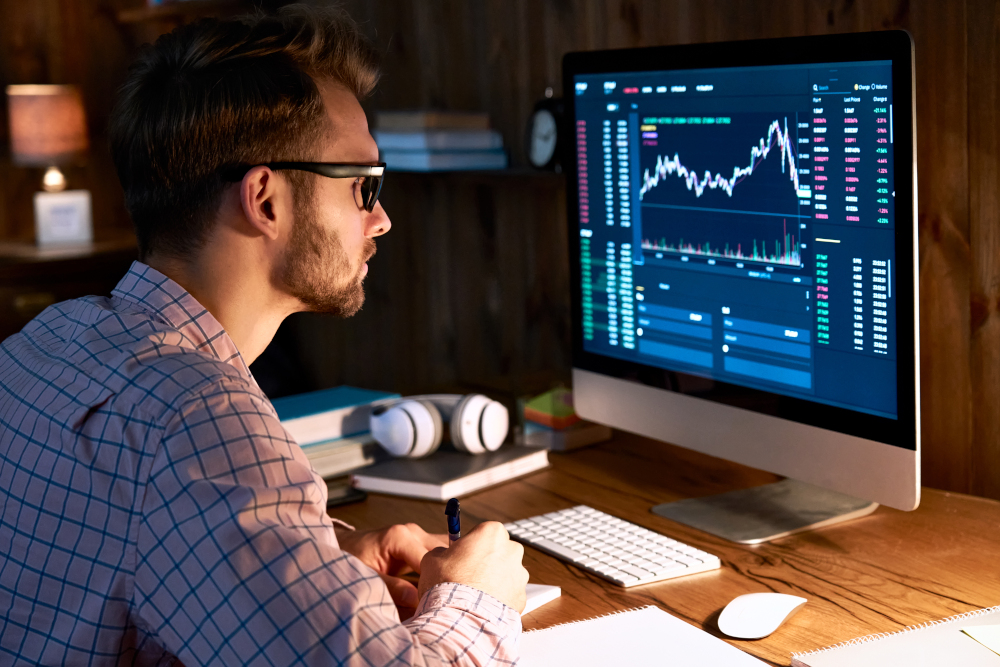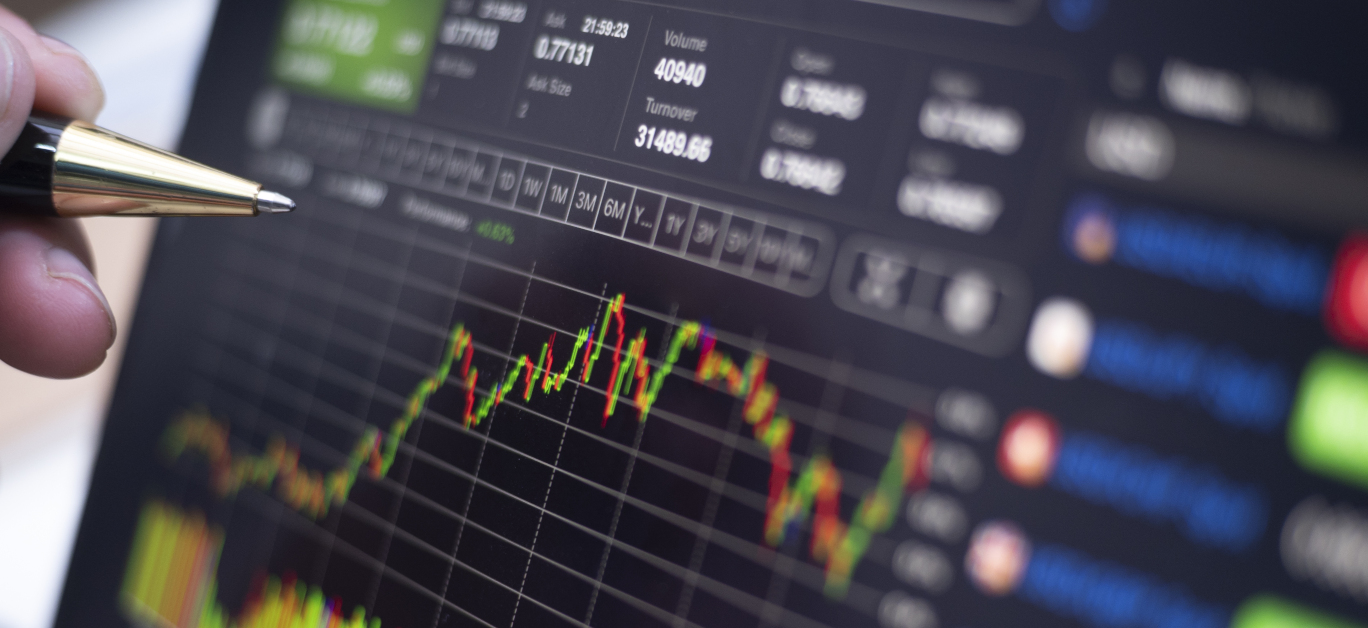Looking to grow your investment portfolio in 2021? The Forex market could be just the place to put your money where your mouth is, and has been attracting clued up entrepreneurs from around the world due to its excellent potential to make gains.
While many have played it safe over the years and stashed their money away in savings accounts and ISAs – the majority of which offer minimal annual gains – a growing number of young and business-savvy investors are starting to dabble in this exciting market, with some becoming overnight millionaires thanks to their willingness to take a few risks. On that note, it has to be said that there are indeed risks involved with trading Forex, and growth is not guaranteed – but for a select few who have managed to play their cards right, it has certainly proved to be possible.
With numerous Forex brokers in the USA, the UK and elsewhere across the globe, it’s quicker and easier to get started than you think, but it’s wise to learn the ropes and acquire the essential skills needed to trade before you do. So, if you’re considering venturing into the world of Forex trading in 2021, then look no further, because we’ve compiled the ultimate beginner’s guide to set you off on the path to potential success.
What exactly is Forex?

The Forex – a foreign exchange through which currencies are traded – facilitates the purchase of goods and services both locally and across borders; without it, foreign trade and business simply wouldn’t exist, so it’s easy to see why it holds such significance and why the potential leverage is so high.
For example, if you’re planning a luxury getaway to the Caribbean and are looking to book a local tour, you’ll likely need to pay in the local currency – or the tour operator will need to exchange your payment from GBPs into a form that they can use, and always at the current exchange rate.
Currency trading is conducted electronically and over-the-counter, with all transactions occurring via centralised computer networks between traders around the world. And, as the Forex is open 24/7, five days a week, it’s a market that never sleeps.
Choosing the right broker

Prior to the advent of the internet, currency trading was far more complicated than it is today. Forex trading required vast amounts of capital, which meant that most traders were already high-net-worth individuals – but now, just about anyone can dig in and enjoy a slice of the pie. With a retail market now aimed at individual traders, access to the Forex is easy, and can be achieved via the banks themselves, or via Forex brokers, who aim to make the process easier.
Most brokers offer high leverage to individual traders, which allows them to make some sizable trades despite relatively small account balances, and when done right, this is where the real money is to be made. Finding the right Forex broker to start trading with is essential, and with such a vast number of them out there to choose from, knowing where to start can often feel overwhelming. It’s always wise to do your homework before settling on one, so be sure to do some digging online or click here for a full review of FP Markets.
Of course, the broker you opt to work with may depend somewhat on where you are based, as there are many different reputable alternatives dotted across the globe. Australia-based traders may also want to read this ThinkMarkets review, which provides a thorough lowdown on one of the best on Aussie turf.
Trading currencies

So, once you have your broker secured, the next thing to do is get started. But how exactly should you be trading if you want to see success? There are several ways to do so, with trading in the spot market being the most common. This option has always been the most popular, because it trades in the largest underlying real asset for the futures market.
In the spot market, currencies are bought and sold based on their trading price, which is determined by supply and demand. It’s calculated based on various different factors, spanning from current interest rates and economic performance, as well as predictions on its potential future performance.
In essence, a ‘spot deal’ is simply a transaction which sees one party deliver the agreed currency amount to the other in exchange for a specified amount of another currency, so it’s easy to see where some potential gains can be made where one of the currencies involved is particularly strong.
Where things get really interesting, traders can make advanced private agreements to purchase a fixed amount of currency at a later date and at a predetermined price based on predictions. Should those be accurate, then the buyer will remain in a good position – but should currency values fluctuate in the meantime then things could go either way.
The bottom line
There is a lot to learn when it comes to trading Forex, but gaining a basic understanding of how it all works, as outlined in this article, is a great place to start. Before you dive in, take some time to understand the macroeconomic fundamentals that drive currency values around the world, and this will serve crucial when it comes to making the right moves.
The good news is that you don’t have to have a huge bank balance already to make some gains when entering this market – although the more you have to work with, the more leverage you can enjoy.
Disclaimer: Investing money carries risk, do so at your own risk and we advise people to never invest more money than they can afford to lose and to seek professional advice before doing so.






















